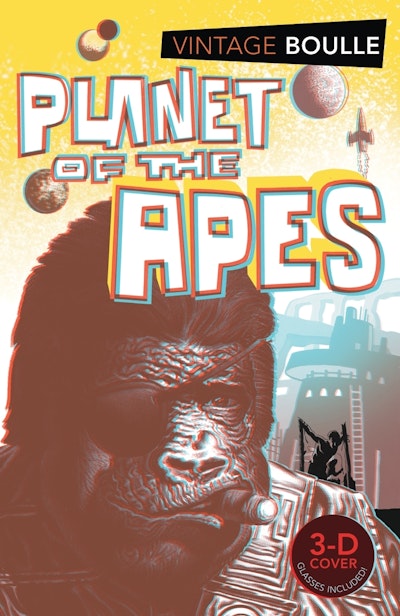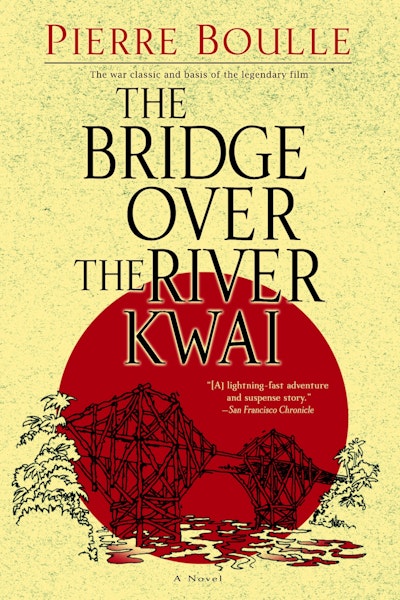[]
Planet of the Apes
Formats & editions
Buy from…
- Published: 5 May 2011
- ISBN: 9781446483725
- Imprint: Vintage Digital
- Format: EBook
- Pages: 208
A scintillating mix of sci-fi adventure and allegory
Los Angeles Times
In 1963, at the most glacial moment of the Cold War, Frenchman Pierre Boulle wrote a novel called Planet Of The Apes - a drastic warning about where mankind's apparent desire to destroy itself might lead
The Mirror
Boulle called on his own experiences as a prisoner of war in South-east Asia during the Second World War, using the relationship between man and apes as a metaphor for the treatment handed out to prisoners by brutish Japanese guards
Daily Express
It's like a good myth or fairy-tale that stays with you... Part of the strength of this material is its disruptive, questioning nature. Who came first? Where are we going?
Tim Burton
The subtext is strongly anti-slavery, anti-racist and anti-war
Observer




